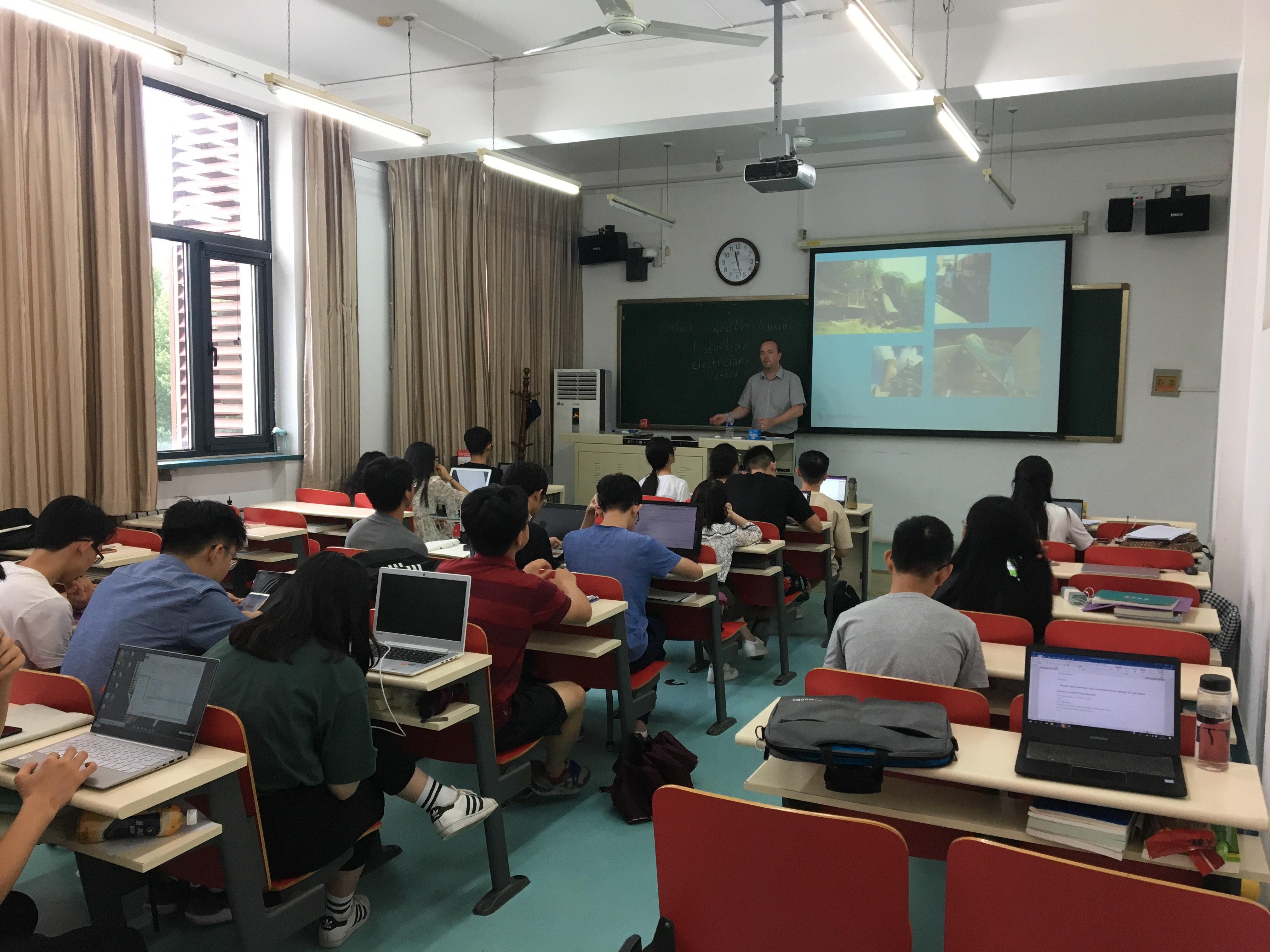The importance of academic collaboration with China

Recently there has been a strong wave of anti-China sentiments expressed in the media and within certain political circles, both in the United States and within the European Union. The Netherlands has been no exception to this.
Some of the rising criticisms directed at China are based on human rights arguments. However, the prominence of these criticisms undoubtedly can also be linked to the rise of China as a new economic and geopolitical force.
The ‘anti-China lobby’ has inter alia raised the question whether academic cooperation with China should be stopped. In this blog I would like to explain why the answer to that question is a clear “no”. I present four arguments in support of my views.
1. Politics and academia should remain separated
First and foremost, it is important to separate political from academic discussions. The ‘anti-China lobby’ seems to assume that Chinese students and researchers who visit the Netherlands are unable to conduct their studies or research activities independently.
My own experience, of more than 15 years, of teaching and supervising Chinese students and PhD researchers in the field of Law & Economics, however, has been very different. The Chinese students and PhD researchers that I have known and worked with have been friendly, open-minded and eager to learn.
Especially in times of political tension, I hope that we still hold that the role and value of academic interchange is to contribute to knowledge and build bridges of mutual understanding (see also point 2 below).
While politicians based in Brussels or The Hague have their own domains and agendas, they should not use their influence to ‘capture’ the independence of Dutch universities. If they were to limit that spirit of academic independence, much could be lost. It would be a case of the EU/NL pot calling the China kettle black.
2. Academic research is a platform that allows us to learn from each other
We need to understand that different societies have different views and preferences regarding social, cultural, legal and political issues. This is already obvious when considering different EU Member States; and it is certainly true when comparing the Netherlands and China.
I have discovered in my academic career, teaching Chinese students at universities both in the EU and in China, and collaborating with several academic partners in China, that the traditional Confucian mentality of being in harmony with one’s environment is still very much present among the Chinese community today. Chinese students are not used to argue about everything in public, even when they disagree with something. The practice of Confucian cultural modalities does not necessarily mean that Chinese students are not able to speak freely – in fact they do. Many students and PhD researchers have shown an eagerness to learn from experiences in other countries and to point out in their research where Chinese law and practice can be improved.
If one acknowledges the social, cultural, legal and political differences between countries, one should realize also that academic collaboration with other countries offers many opportunities for the social sciences. Jurisdictions can learn from each other’s mistakes, best practices, and academic expertise. This is exactly what makes comparative legal and economic research with China on environmental protection, competition policy, corporate governance, or financial regulation (just to name a few topics I have been working on) both useful and exciting.
Allowing Chinese students and PhD researchers to come to Europe gives us an opportunity to share our culture and perspectives with them, while we too can learn from their experiences in China. Moreover, one should remember that there are many types of students. Given the scale and diversity of the population in China, across rural and urban divides, across the industrial and agricultural, across the Han and other groups in China, it is important to collaborate with Chinese students and academics and to learn from each other whenever possible to know how we can all move forward together.
3. The anti-China lobby leads to polarization and discrimination of Chinese and Asian people
The number of hate crimes against Asians, as seen recently in the United States, and discrimination against Asians more generally, has increased significantly in recent times. The anti-China lobby needs to realize that its lopsided and continuous criticism of China adds oil to those fires of fearing and hating Asians of all origins.
The overly negative press on China directly affects Chinese and other Asian communities at a global level, even though the people attacked in Europe and in America are just ordinary humans going about their private lives in our communities, not political decision-makers in China.
The suggestion to stop academic cooperation with China is therefore very risky, as it is likely to be perceived by many westerners as another license to discriminate against Asians.
Moreover, an academic boycott would be perceived very negatively by the current generation of Chinese students and PhD researchers based in the Netherlands and across the EU, some of whom have already experienced discrimination and prejudice due to the new anti-China rhetoric. If we lose this moment to support our long-standing efforts to build academic bridges, it will only lead to further polarization and discrimination in the future.
4. The future of international trade is at stake
I assume that the real intention of the anti-China lobby is to improve the situation of certain groups in China (even if some critics appear to be more concerned with showing off how morally superior they consider themselves). However, the current strategy of continuous anti-China propaganda and policy is not likely to work in anyone’s favour. The harsher the EU or the Netherlands acts now, the harsher China will respond.
Even worse, politicians and journalists who want the Netherlands to be the frontrunner in the ‘attack’ on China, need to realize that they will shoot themselves in the foot. As a small country, the Netherlands is dependent on international collaboration and our institutions in The Hague are seen as leading institutions of collaborative peace and justice. If the China critics really believe in the virtues of international trade and international cooperation, like I do, and in peace and justice, they would realize that an academic boycott of China would be the ruin of their own values and place the Netherlands at unnecessary risk.
| More blogs on Law Blogs Maastricht |
